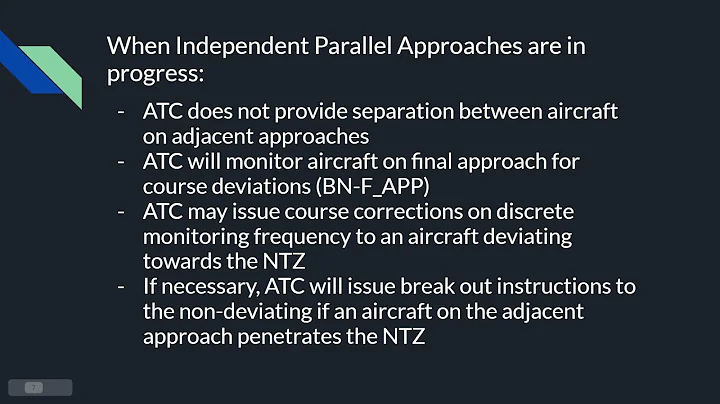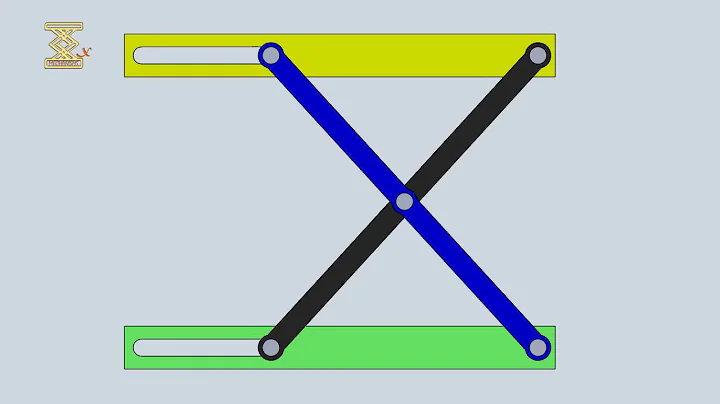tarring in parallel
Solution 1
Just tar to stdout and pipe it to pigz. (You most likely don't want to parallelize disk access, just the compression part.):
$ tar c- myDirectory/ | pigz > myDirectory.tar.gz
A plain tar invocation like the one above basically only concatenates directory trees in a reversible way. The compression part can be separate as it is in this example.
pigz does multithreaded compression. The number of threads it uses can be adjusted with -p and it'll default to the number of cores available.
Solution 2
With GNU Parallel it looks like this:
parallel tar jcvf /tmp/{= s:/$:: =}.tar.bz2 {} ::: */
or:
parallel tar jcvf /tmp/{}.tar.bz2 {} ::: *
For better compression try:
parallel tar -I pxz -cvf /tmp/{= s:/$:: =}.tar.xz {} ::: */
s:/$:: is a perl expression. It removes the ending /
Solution 3
pbzip2 works quite well. As with the answer above, tar to stdout and pipe to pbzip2:
$ tar -cf - mydir/ | pbzip2 > mydir.tar.bz2
pbzip2 accepts multiple options that allow for adjusting number of processors, amount of memory used, level of compression etc.
Or for one archive per directory (assumes no spaces or special chars in directory names):
for dir in * ; do
[[ ! -d ${dir} ]] && continue
tar cf - ${dir} | bzip2 > ${dir}.tar.bz2 &
done
Related videos on Youtube
VaidAbhishek
Updated on September 18, 2022Comments
-
VaidAbhishek over 1 year
I have a class A.
Class A(): ....It has a method B having an position argument c, and keyword argument d.
def B(self, c, d=None): ....Now, I want to run method B of an object
o = A()with argsc1, d1. I tried following:t = thread.Thread(target=o.B, args=(c1,), kwargs={'d':d1}) t.start() t.join()but it doesn't work. Hence I also tried.
t = thread.Thread(target=A.B, args=(o, c1), kwargs={'d':d1}) t.start() t.join()This also doesn't work. The execution just falls through after
t.join(). I set up the breakpoint inThread Class's first instruction inthreading module, but code never reaches there.-
user2357112 about 10 yearsWhat do you mean by "doesn't work"? What actually happens? Can you show runnable code that demonstrates the error?
-
Jayanth Koushik about 10 yearsShouldn't 'self' be the first argument of B?
-
 Stan Prokop about 10 yearsBeside other issues, you don't have self as first parameter of method B, thus you can't use it as instance method. And yes, "doesn't work" without error messages is wrong.
Stan Prokop about 10 yearsBeside other issues, you don't have self as first parameter of method B, thus you can't use it as instance method. And yes, "doesn't work" without error messages is wrong. -
VaidAbhishek about 10 yearsSorry yes, self is indeed first argument to method B. I just edited it. Moreover, I gave an account of "doesn't work". Sorry for confusion.
-
 sloth about 10 years
sloth about 10 yearskwargs={d:d1}should probably bekwargs={"d":d1} -
VaidAbhishek about 10 yearsyes it is 'd' .. again apologies for not writing that.
-
Bibhas Debnath about 10 years@VaidAbhishek post an answer and accept it yourself.
-
PSkocik almost 9 yearsJust
tarto stdout and pipe it topigz. (You most likely don't want to parallelize disk access, just the compression part.) -
 ctrl-alt-delor almost 9 years@PSkocik
ctrl-alt-delor almost 9 years@PSkocikpigzis an answer. Could you add a one liner, in an answer. -
maxschlepzig almost 9 yearsConsider using xz compression, it is usually better than bzip2.
-






